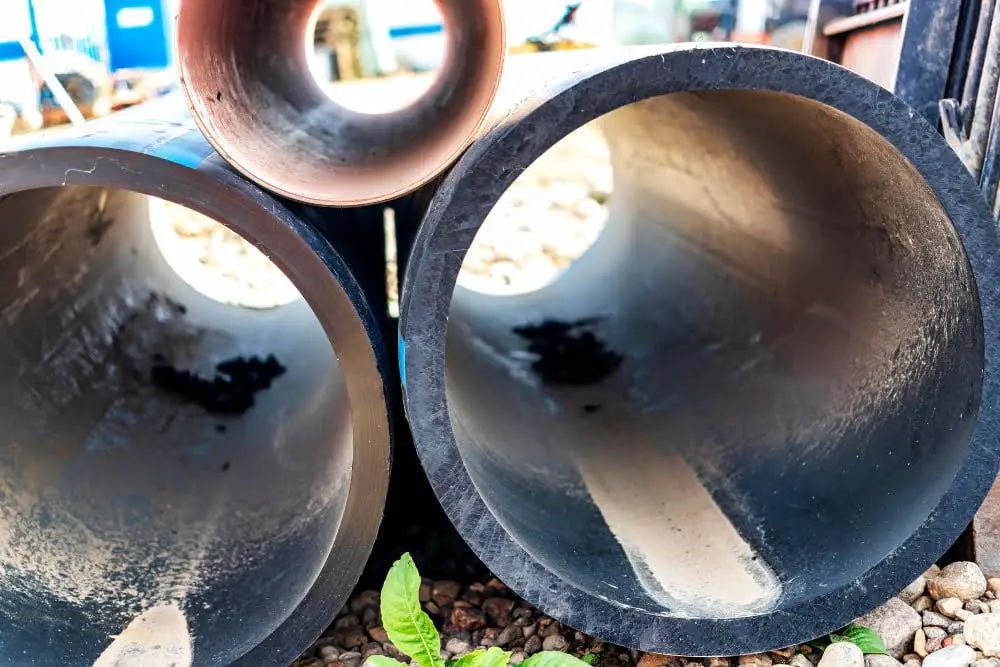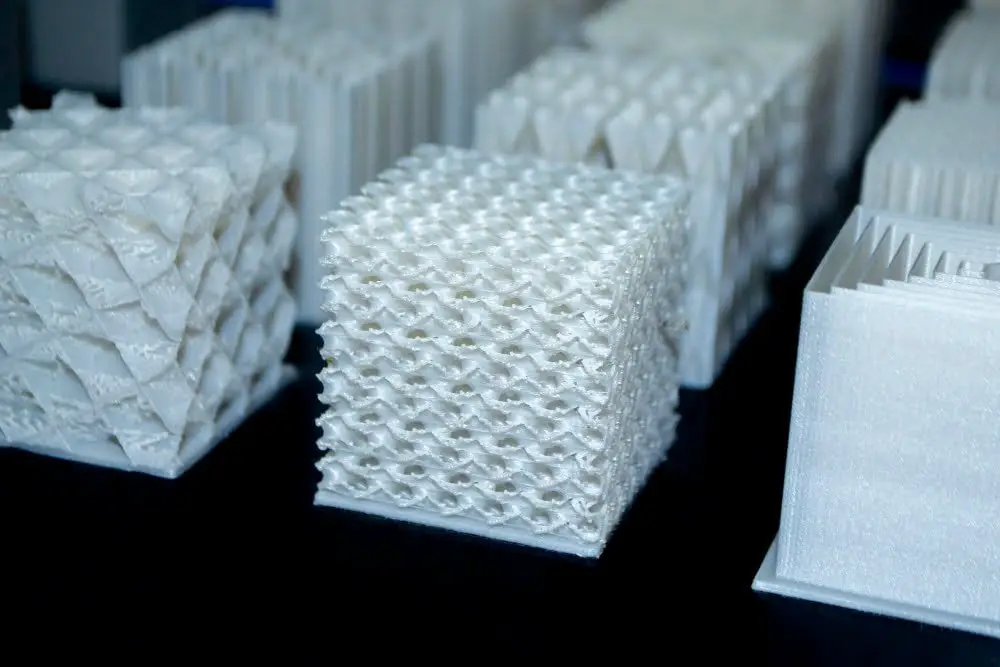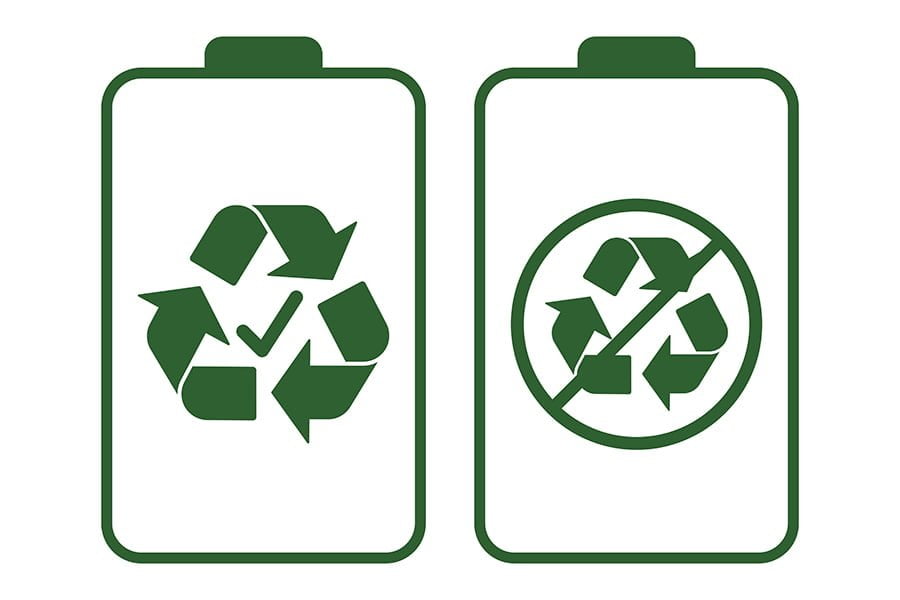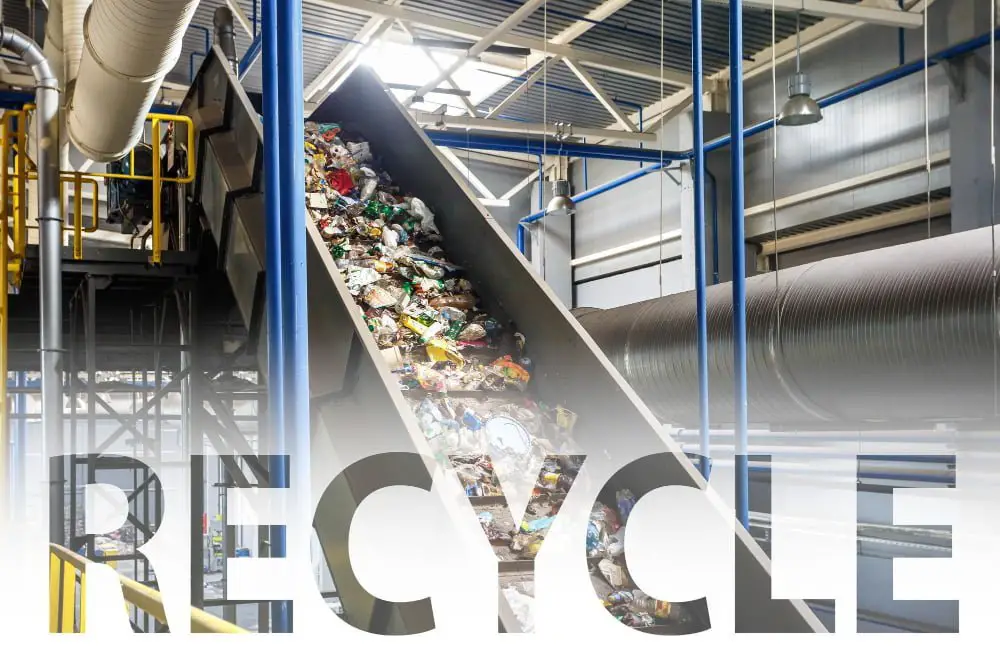Some types of polymers are considered environmentally friendly as they are biodegradable and can break down into natural substances. However, not all polymers are created equal and it’s important to consider their specific properties before determining their environmental impact.
As a construction expert, I have seen the industry evolve over the years. One of the most significant changes has been the shift towards environmentally friendly materials.
As we become more aware of our impact on the planet, it’s essential to consider how our choices affect not only us but also future generations.
Recently, I received a call from my friend who was building his dream home. He had heard about polymer and its benefits and was considering using it for his project.
However, he had one question: Is polymer environmentally friendly?
I realized that this is a question that many people may have when considering new materials for their projects. So, I decided to research and write this article to provide you with all the information you need to decide whether polymer is an eco-friendly option for your construction needs.
Polymer Overview

Polymer is a synthetic material that has become increasingly popular in the construction industry. It’s made up of long chains of molecules, which give it its unique properties such as durability and flexibility.
Polymer can be used for various applications, including roofing, flooring, insulation and even pipes.
However, my friend was concerned about whether or not polymer was environmentally friendly. He had heard conflicting information about its impact on the planet and wanted to make an informed decision before using it in his home construction project.
To answer his question and provide clarity on this topic for others who may have similar concerns – I decided to do some research into how polymer is produced and what happens when it reaches the end of its life cycle.
Types of Polymers

Before we dive into whether or not polymer is environmentally friendly, let’s first understand what it is. Polymers are large molecules made up of repeating units called monomers.
They can be found in a variety of materials, including plastics, rubber, and even DNA.
There are two main types of polymers: synthetic and natural. Synthetic polymers are man-made and include materials like polyethylene (used to make plastic bags) and polystyrene (used to make foam cups).
Natural polymers occur naturally in nature and include things like silk from silkworms or cellulose from plants.
Now back to my friend’s question – Is polymer environmentally friendly? The answer isn’t as straightforward as you might think since there are different types of polymers with varying degrees of environmental impact. So let’s take a closer look at the pros and cons when it comes to using polymer for construction projects that prioritize sustainability.
Environmental Impact

Polymer is a synthetic material that has gained popularity in the construction industry due to its durability, versatility, and cost-effectiveness. However, as with any new material introduced into the market, it’s essential to consider its environmental impact.
After conducting extensive research on polymer and consulting with experts in the field of sustainability, I discovered that while polymer does have some eco-friendly benefits compared to traditional materials like concrete or steel; it also has some drawbacks.
For example, during production and disposal of polymer products can release harmful chemicals into the environment. Since most polymers are not biodegradable or recyclable at present times they end up polluting landfills for centuries.
However one thing we must keep in mind is that Polymer requires less energy consumption than other building materials such as concrete which makes them more environmentally friendly when considering their entire life cycle from manufacturing through use until disposal.
So if you’re considering using Polymer for your next project – weigh out all these factors carefully before making a decision!
Biodegradable Polymers

After my friend’s call, I started researching polymer and its impact on the environment. One of the things that caught my attention was biodegradable polymers.
These are materials that can break down naturally in the environment without causing harm.
Biodegradable polymers are made from natural sources such as corn starch or vegetable oil, making them a more sustainable option than traditional petroleum-based plastics. They have many applications in construction, including packaging materials and insulation.
However, it’s important to note that not all biodegradable polymers are created equal. Some require specific conditions to degrade properly and may release harmful chemicals during decomposition if not disposed of correctly.
So while biodegradable polymers offer a promising solution for reducing waste in construction projects, it’s crucial to do your research before choosing this material for your project. Look for certifications like ASTM D6400 or EN 13432 which ensure proper degradation under certain conditions.
While there is no straightforward answer to whether polymer is environmentally friendly or not since there are different types with varying degrees of sustainability; we can say that using eco-friendly options like biodegradable polymer could be an excellent step towards creating a greener future for our planet!
Recycling Challenges

Polymer is a synthetic material that is made from petroleum-based products. While it has many benefits, including durability and versatility, its production process can have negative impacts on the environment.
One of the biggest challenges with polymer is recycling.
Unlike other materials like glass or aluminum, which can be recycled indefinitely without losing their quality or purity, polymer cannot be recycled infinitely due to its complex chemical structure. This means that once it reaches the end of its life cycle and needs to be disposed of, there are limited options for recycling.
My friend was concerned about this issue when considering using polymer for his home construction project. He wanted to ensure that he was making an environmentally responsible choice by choosing a material that could easily be reused or repurposed at the end of its lifespan.
After researching various options available in his area and consulting with experts in waste management and sustainability practices within construction industries; my friend decided on using Polymer composite decking boards as they were made from 95% recycled materials such as plastic bags & bottles while still providing all benefits offered by traditional wood decks but without any environmental impact concerns associated with them!
While there are some challenges associated with recycling Polymer products; innovative solutions such as those used in manufacturing Composite Decking Boards show promise towards creating more sustainable alternatives within Construction Industry!
Eco-friendly Alternatives

When my friend asked me about polymer, I was reminded of the many eco-friendly alternatives that have become popular in recent years. These materials are designed to reduce our impact on the environment while still providing high-quality results.
One such alternative is bamboo. It’s a fast-growing plant that can be harvested without damaging its roots, making it an excellent renewable resource for construction projects.
Bamboo is also incredibly strong and durable, making it an ideal material for flooring and furniture.
Another option is recycled plastic lumber made from post-consumer waste like milk jugs or soda bottles. This material has similar properties to traditional wood but doesn’t require cutting down trees or harming natural habitats.
There are also eco-friendly insulation options like cellulose made from recycled paper products or wool sourced from sustainable farms instead of synthetic materials with harmful chemicals.
While these alternatives may not always be as widely available as traditional building materials, they offer a more sustainable solution for those who want to make environmentally conscious choices in their construction projects. So let’s dive into whether polymer fits into this category of eco-friendly alternatives!
Sustainable Production Methods

When my friend asked me about the environmental impact of polymer, I knew that one of the most critical factors to consider is how it’s produced. Sustainable production methods are essential for any material to be considered eco-friendly.
Polymer can be made using different processes, but some manufacturers use sustainable methods such as recycling and reducing waste during production. This reduces their carbon footprint and minimizes the amount of energy used in manufacturing.
I was pleased to find out that many companies producing polymer have implemented these sustainable practices into their operations. My friend was also happy to hear this news since he wanted his dream home built with materials that were not only durable but also environmentally friendly.
It’s important always to research a company before purchasing any product or material from them. Look for certifications like ISO 14001 or Cradle-to-Cradle certification, which indicate a commitment towards sustainability in all aspects of production.
While there may be concerns about whether polymer is environmentally friendly or not, it’s clear that when produced sustainably by responsible manufacturers who prioritize minimizing waste and reducing energy consumption during its creation process – it can indeed become an eco-friendly option for construction projects!
Recap




